SpeakerGallery2021a
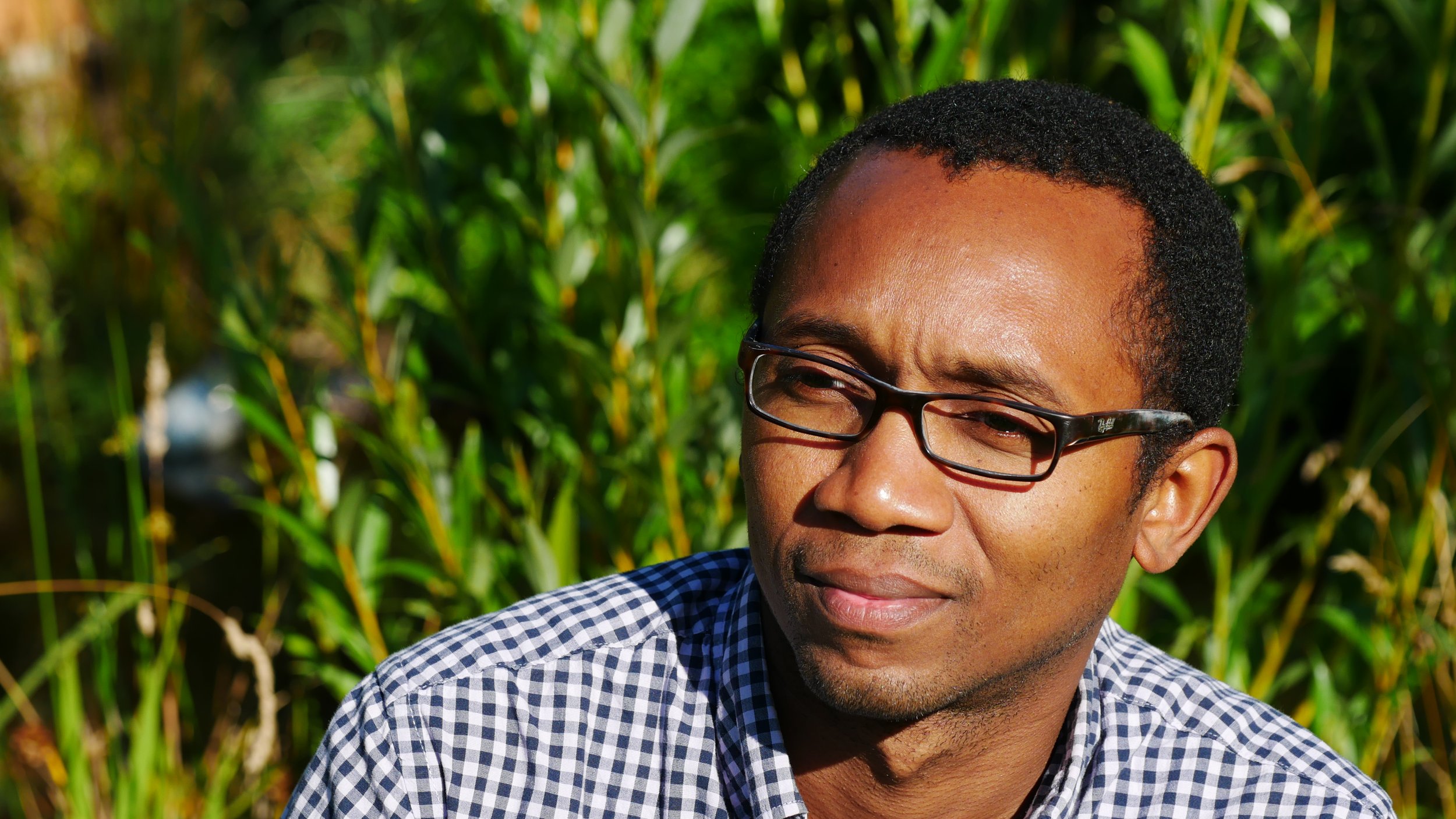
Fayal Abderemane-Ali
Current Institution: University of California, San Francisco
Department: Cardiovascular Research Institute
PhD Institution: University of Nante
Talk Title: “How to survive in a toxic environment? Lessons from poisonous birds and frogs.”
After high school in Comoros (Africa), Abderemane-Ali attended the University of Nantes in France where he developed a passion for ion channels. As a Fulbright scholar, then a postdoc at UCSF, Abderemane-Ali have been studying how these ion channels work, using a combination of functional, biophysical, biochemical and structural approaches. In the future, he will continue studying these fascinating proteins with the goal of developing new drugs that can control their function in pathological conditions.

Basem Al-Shayeb
Current and PhD Institution: University of California, Berkeley
Department: Plant and Microbial Biology
Talk Title: “The enigmatic world of extra-chromosomal genetic elements”
Basem Al-Shayeb is a National Science Foundation Graduate Research Fellow completing his doctoral work at the University of California, Berkeley, under the mentorship of Professors Jillian Banfield and Jennifer Doudna. Through a combination of bioinformatics, microbiology, and biochemistry, Basem discovered multiple new groups of giant prokaryotic viruses and extra-chromosomal elements, including the largest bacterial viruses to date, in addition to leading the discovery and development of novel virus-derived CRISPR enzymes. Moving forward, Basem is interested in establishing a research group furthering the discovery and characterization of cryptic genetic elements with an eye towards their applications in human health, agriculture, and the environment. Beyond the lab, he is passionate about improving the accessibility of science and inspiring Arab youths to pursue careers in research.
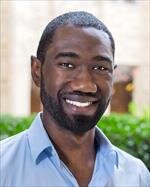
Joel Babdor, PhD
Current Institution: University of California, San Francisco
Department: Microbiology and Immunology
PhD Institution: University of Paris
Talk Title: “High dimensional immune profiling of patients with kidney transplant unravels peripheral immune trajectories and states associated with organ rejection and tolerance”
Dr. Joel Babdor is a senior postdoctoral researcher in the Spitzer lab at UCSF. He uses high-dimensional profiling technologies and systems approach to study the human immune system. His research investigates the variation of response to therapeutic immunomodulation that exist across patients, with an interest that spans across clinical contexts where immunomodulators are used to either inhibit immune activity (immunosuppressants in organ transplantation autoimmunity and) or re/activate immune responses (immunotherapy in cancer and vaccination). Dr. Babdor interrogates the influence of the microbial exposome – the collection of exposures to external microbes and commensal microorganisms that constitute the human microbiome – as one of the factors that may condition immune configurations favorable or refractory to immunomodulation therapies.
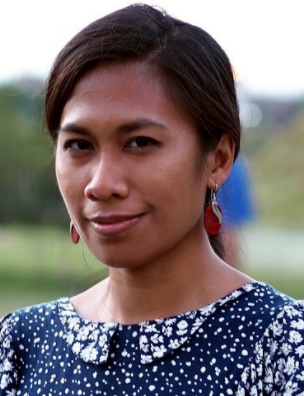
Mairin Balisi, PhD
Current Institution: Natural History Museum of Los Angeles County; University of California, Merced
Department: Life & Environmental Sciences
PhD Institution: University of California, Los Angeles
Talk Title: “Macroecological patterns and microevolutionary processes in North American carnivore communities”
Dr. Mairin Balisi is a National Science Foundation Postdoctoral Research Fellow at the La Brea Tar Pits and Museum, part of the Natural History Museums of Los Angeles County, and a Chancellor's Postdoctoral Fellow in the Department of Life and Environmental Sciences at the University of California, Merced. An ecologist and evolutionary biologist, she uses the fossil record of mammals to understand the long-term impacts of global environmental change on ecosystems from thousands to millions of years. Her study species include extinct saber-tooth cats and dire wolves, on which she uses morphological, biogeochemical, and quantitative methods to resolve diet and behavior. Committed to broadening diversity in STEM, she has created programs to provide mentorship and research opportunities to students in Los Angeles from groups traditionally underrepresented in science.
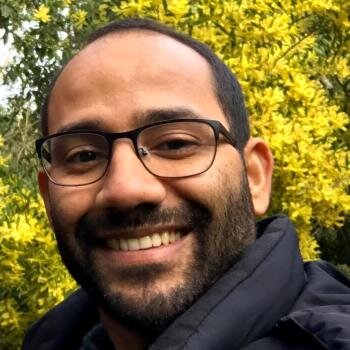
Arnaldo Carreira-Rosario, PhD
Current Institution: Stanford
Department: Neurobiology
PhD Institution: UTSouthwestern
Talk Title: “How does the brain turn ON?”
Arnaldo Carreira-Rosario is a postdoctoral fellow in Tom Clandinin’s lab at Stanford University, co-mentored by Chris Doe at the University of Oregon. Dr. Carreira-Rosario obtained his bachelor’s degree at the University of Puerto Rico-Mayagüez, and his Ph.D. in Genetics and Development from UTSouthwestern in Michael Buszczak’s lab. During his postdoctoral work, he established the Drosophila embryo as a system to study early spontaneous activity during motor circuit formation, identified a mechanism for how this activity is regulated, and demonstrated that this activity shapes motor behavior. Dr. Carreira-Rosario’s research program aims to reveal the underlying logic of how brains become active, and how early activity influences circuit formation to sculpt mature behaviors.
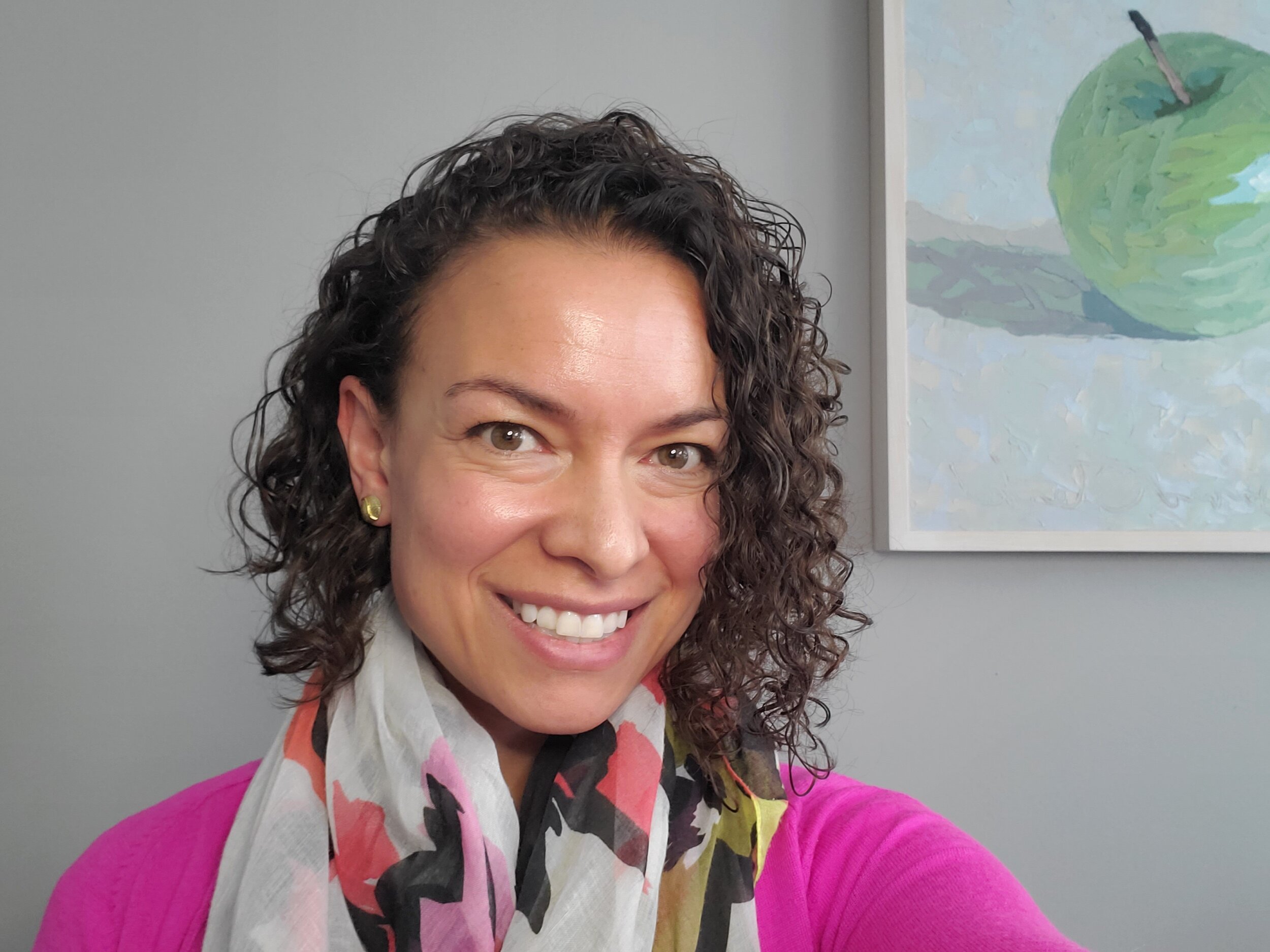
Valerie Darcey, PhD, MS, RD
Current Institution: NIH NIDDK (National Institute of Diabetes and Digestive and Kidney Diseases)
Department: Laboratory of Biological Modeling
PhD Institution: Georgetown University
Talk Title: “Is your diet influencing your habits?”
Dr. Valerie Darcey is a neuroscientist and Registered Dietitian interested in bridging the gaps between these two largely siloed fields to study how nutritional status might influence the neurochemistry of our habit-driven and reward-driven behaviors.
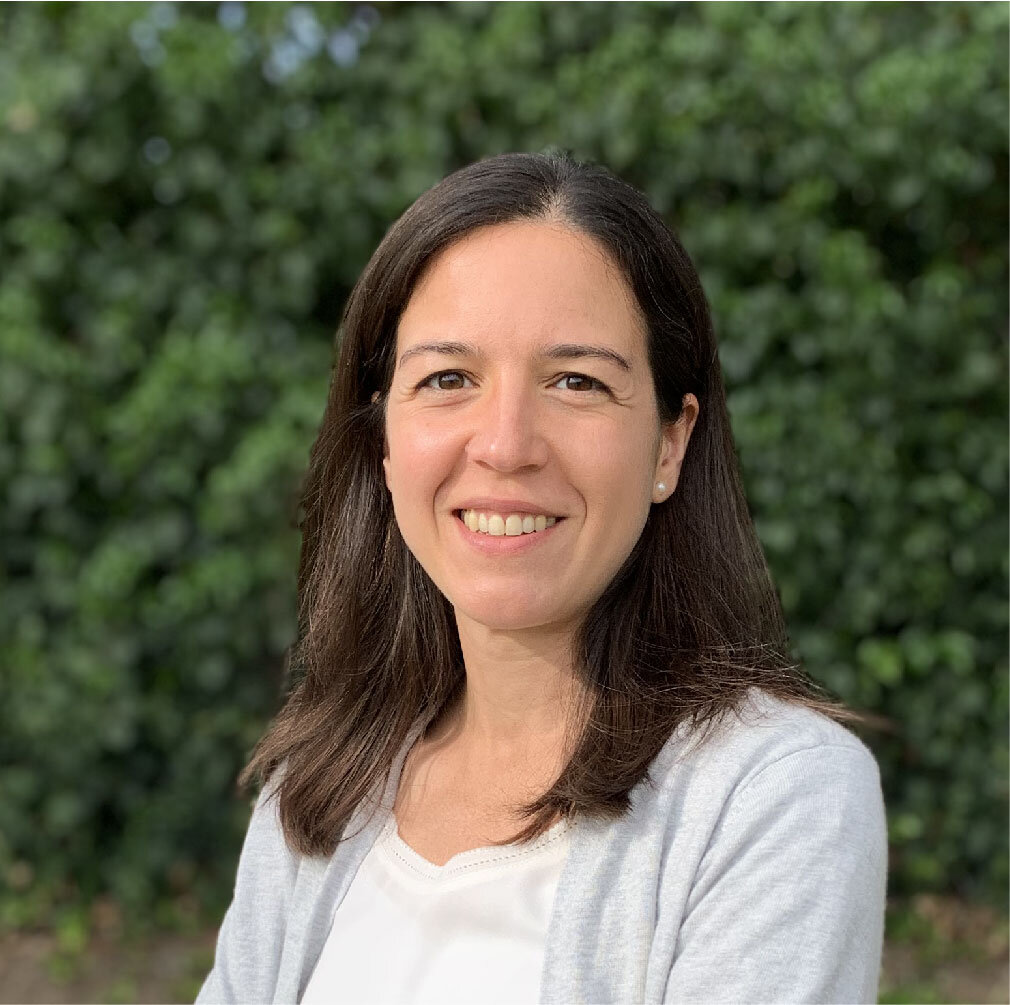
Maria Maldonado, PhD
Current Institution: University of California, Davis
Department: Molecular and Cellular Biology
PhD Institution: Rockefeller University
Talk Title: “Structural insights into plant respiration”
Dr María Maldonado is a postdoctoral researcher in the Letts lab at the University of California-Davis, where she studies the structure and function of plant respiratory complexes. As a graduate student, María studied the regulation of chromosomal segregation with Dr Tarun Kapoor at the Rockefeller University. María’s goal as an independent investigator is to understand how the respiratory chain of photosynthetic organisms works at the molecular scale. To do this, she will leverage her expertise in bioenergetics, membrane-protein biochemistry as well as molecular and structural biology to examine the function and structure of respiratory complexes of ecologically, evolutionary and agriculturally relevant organisms.
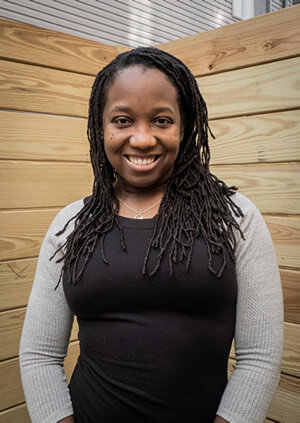
Natoya Peart, PhD
Current Institution: University of Pennsylvania
Department: Department of Medicine; Biochemistry and Biophysics
PhD Institution: The University of Texas MD Anderson Cancer Center
Talk Title: “RBPs and posttranscriptional regulation – another lens at biological coherence”
Natoya Peart is an RNA biologist. Dr. Peart has an interest in understanding the molecular mechanisms by which mRNA processing impacts cell, tissue and organismal function. She is an advocate scientist and a member of an underrepresented group within the sciences. Dr. Peart believes that mentorship, representation, and advocacy are vital to our commitment for change toward creating a more equitable and inclusive academic community.
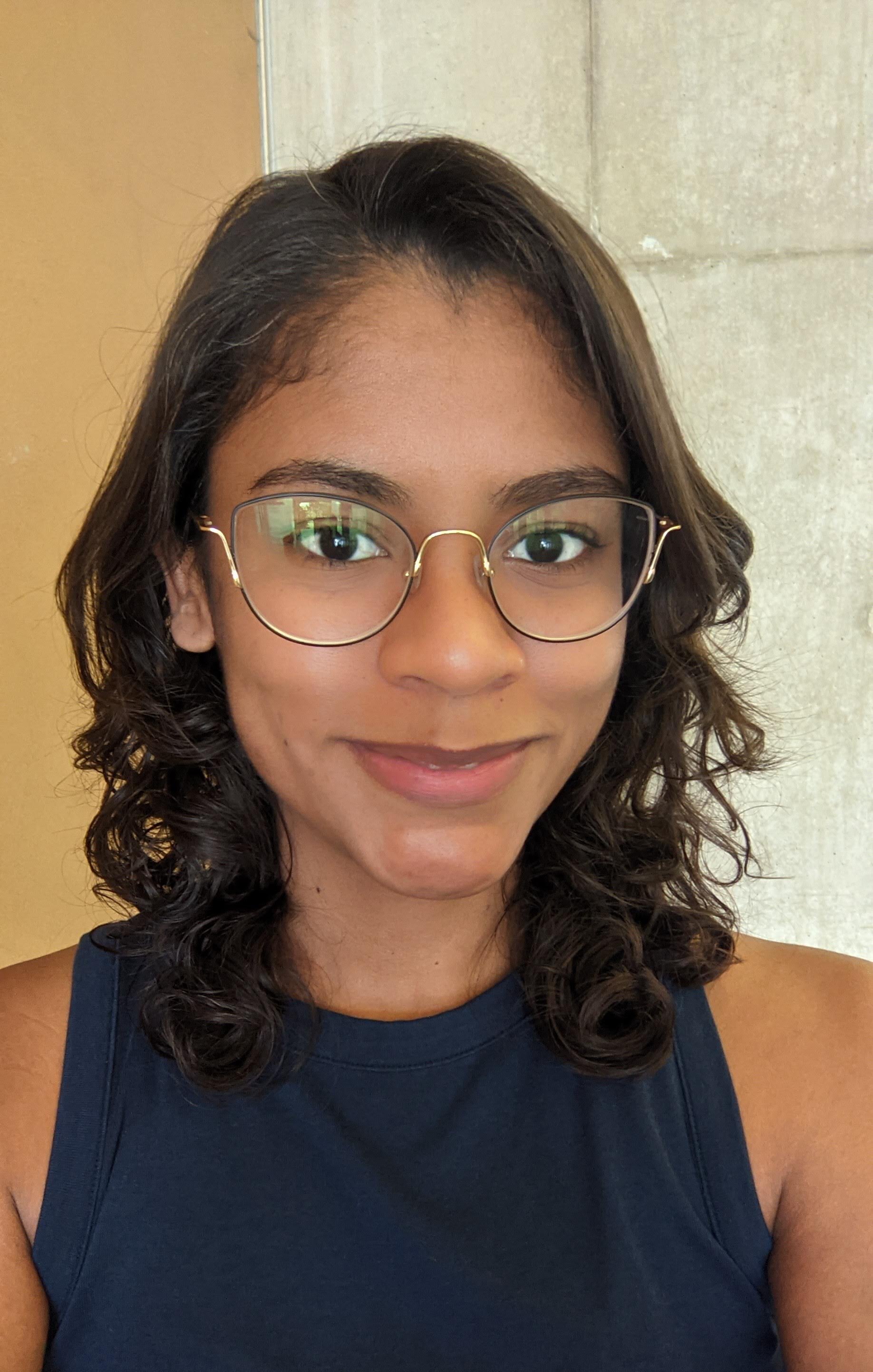
Juliane Sempionatto Moreto, PhD
Current Institution: California Institute of Technology
Department: Andrew and Peggy Cherng Department of Medical Engineering
PhD Institution: University of California San Diego
Talk Title: “Wearable electrochemical sensors for non-invasive health monitoring”
Dr. Juliane R. Sempionatto has expertise in developing wearable electrochemical sensors to monitor medical relevant biomarkers in sweat, saliva, tears, and interstitial fluid. Her research interests include soft and stretchable electronics, high-performance electrochemical biosensors, and biofuel cells. Dr. Sempionatto is current a postdoctoral researcher at Caltech in Prof Wei Gao’s group. She received her Ph.D. in Nanoengineering at UCSD, working with Prof Joseph Wang. Dr. Sempionatto has published over 32 peer-reviewed papers in renowned international journals such as Nature Biomedical Engineering, Adv. Science, Biosensors and Bioelectronics, and ACS sensors and have five patents based on her research. She is the recipient of the prestigious Siebel Scholar award (class of 2021).
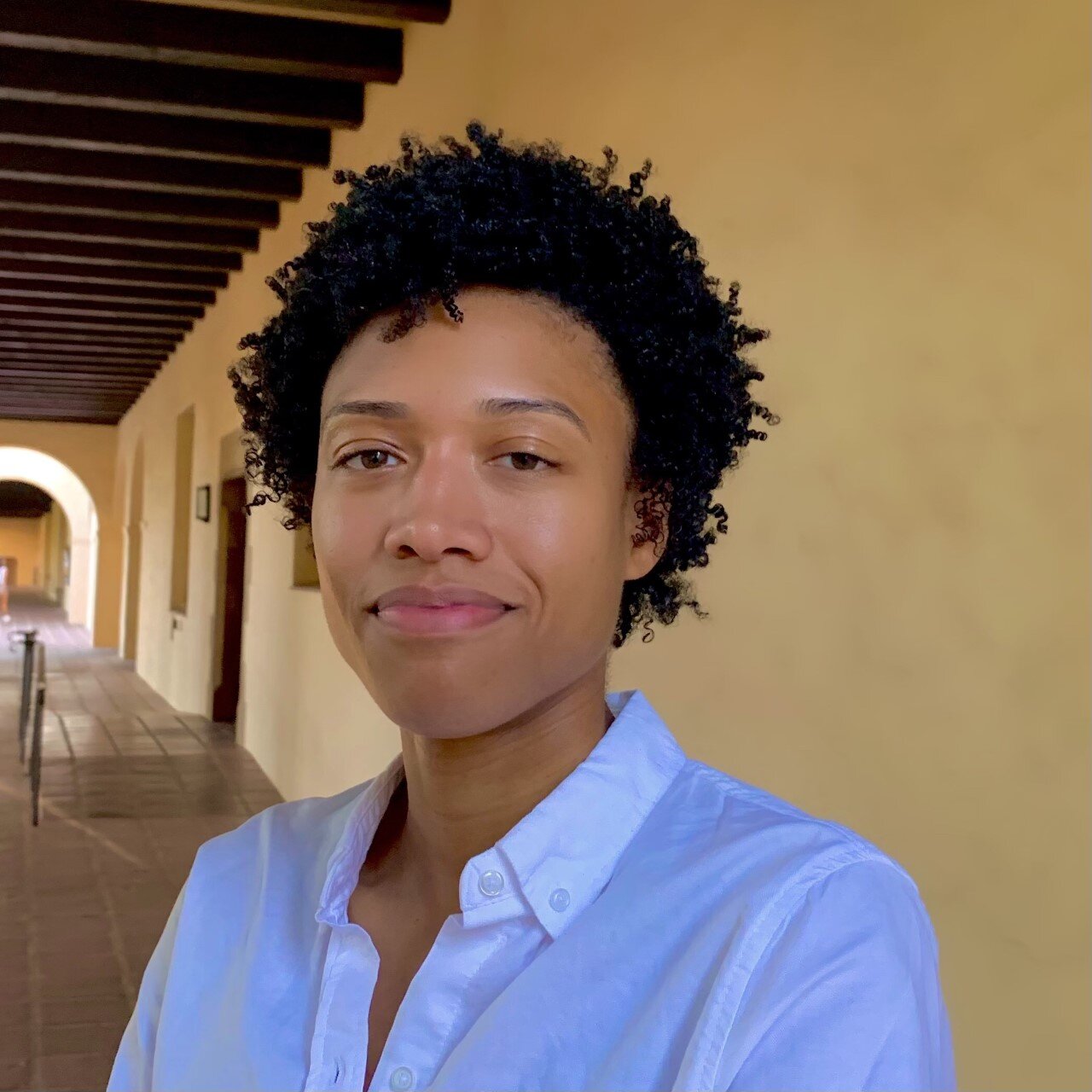
Jaimie Marie Stewart, PhD
Current Institution: California Institute of Technology
Department: Computing & Mathematical Sciences
PhD Institution: University of California, Riverside
Talk Title: “Towards programmable RNA materials”
Dr. Jaimie Marie Stewart is a postdoctoral fellow at the California Institute of Technology in Dr. Paul W.K. Rothemund's group focusing on the design, synthesis, and characterization of DNA and RNA structures for the detection of biomolecules. She is a NSF-AGEP Scholar, KNI Prize Postdoctoral Fellow, Ford Foundation Postdoctoral Fellow, and a LSRF Fellow sponsored by Merck Research Laboratories. She received her Ph.D. in Bioengineering from the University of California, Riverside, where she studied the self-assembly principles of RNA molecules and her B.S. in Bioengineering with a concentration in cell and tissue engineering and a minor in Italian from the University of Illinois at Chicago. Through her research, teaching, and mentoring, Dr. Stewart has been recognized as one of 100 Inspiring Black Scientists in America by Cell Mentor. Her future goals are to lead an independent research group that will develop programmable RNA materials capable of detecting molecules and directing cell fate.
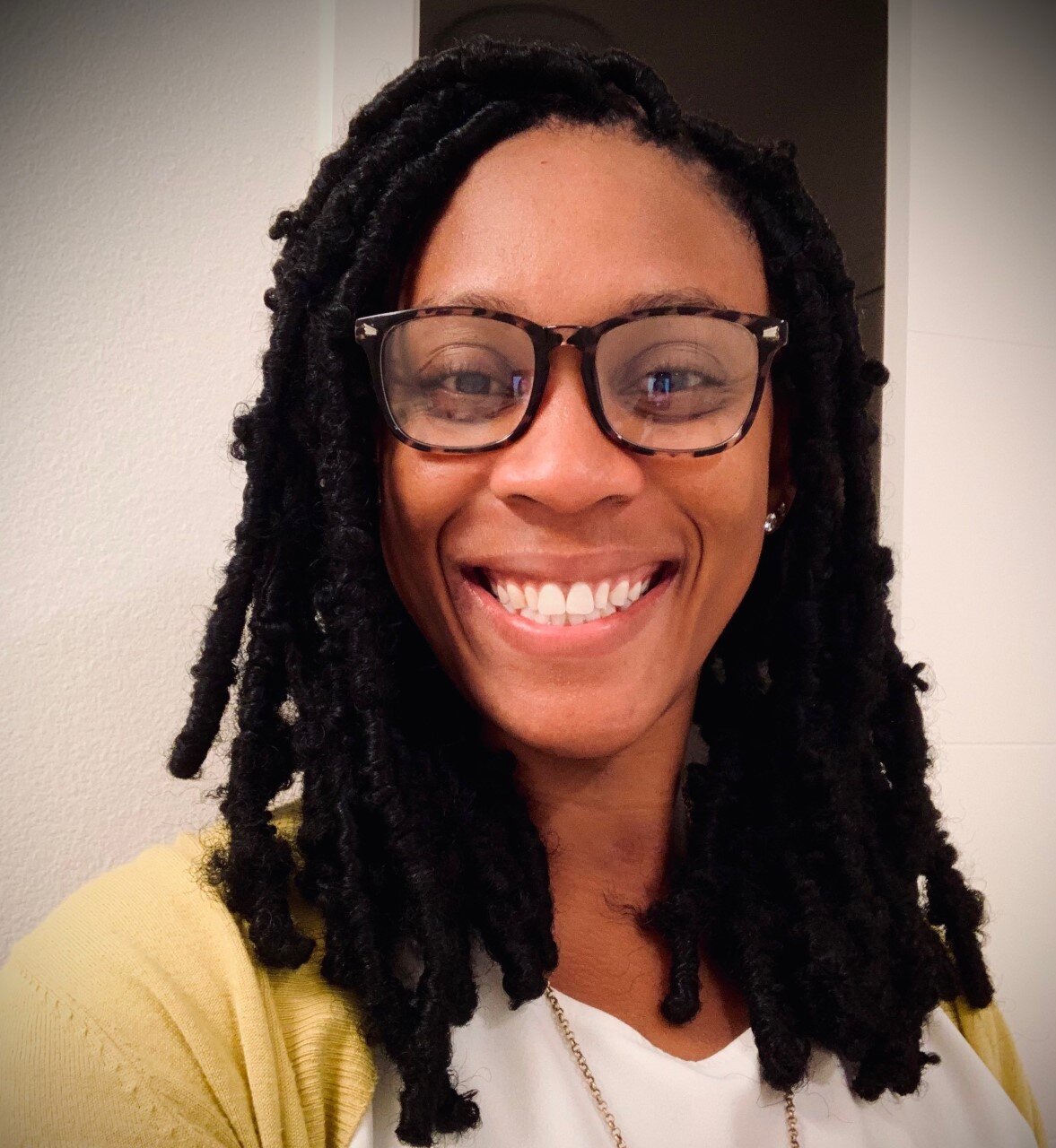
Maxine Umeh Garcia, PhD, MSc
Current Institution: Stanford University
Department: Neurosurgery
PhD Institution: University of California, Davis
Talk Title: “Tumor-immune interactions in triple negative breast cancer brain metastases”
Maxine Umeh Garcia’s long-term research objective is to take a cancer systems biology approach to uncover novel molecular mechanisms that underlie: 1) systemic metastasis/disease recurrence and 2) the observed disproportions of specific cancer types in Black/minority populations. Dr. Garcia has built an outstanding foundation of training in both in vitro and in vivo models of breast cancer, and she is currently deepening her computational biology training. Dr. Garcia has a record of obtaining competitive funding; and peer-reviewed first author publications. As a highly diverse candidate, she has extensive experience in working with diverse student populations, and a strong track record of diversity-promoting activities. Her goal is that through her core values of research, mentorship, and community engagement she can help close the gap for women and minorities in STEM, and increase scientific benefit to Black and minority populations.
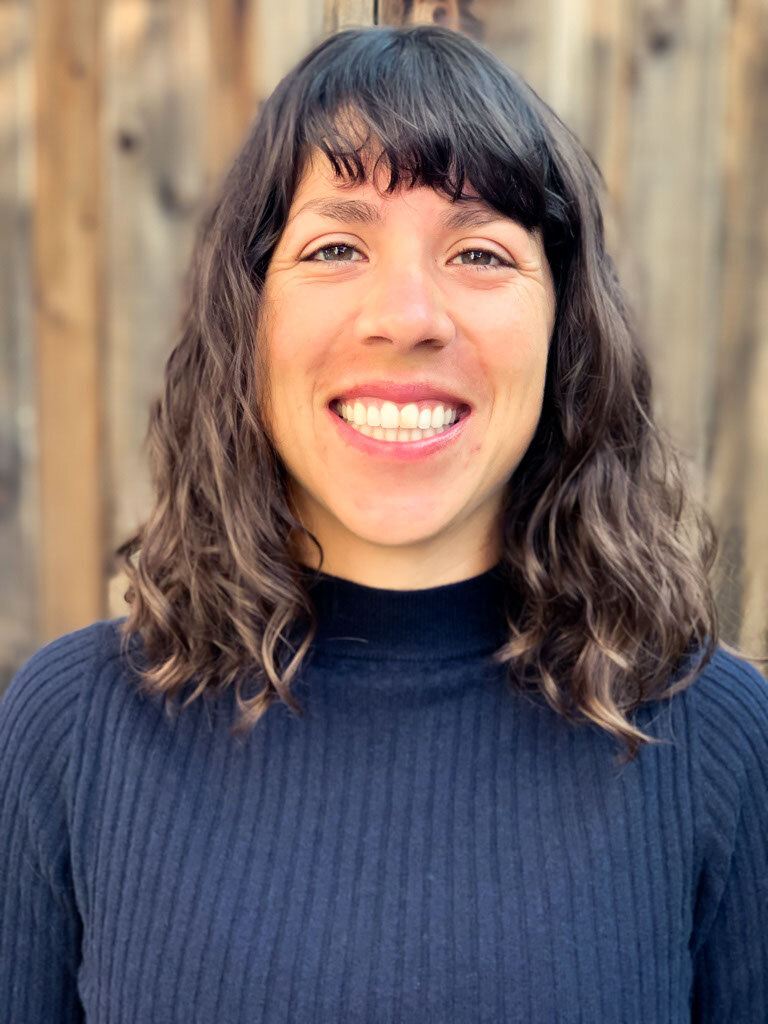
Claudia Vasquez, PhD
Current Institution: Stanford University
Department: Chemical Engineering
PhD Institution: Massachusetts Institute of Technology
Talk Title: “From cells to organs: Uncovering the architectural rules of organogenesis”
Claudia Vasquez wants to identify the molecular and physical rules cells utilize to build complex three-dimensional tissue structures. Dr. Vasquez received her PhD from MIT in Adam Martin’s group, where she studied the regulation of the contractile machinery required for tissue folding. During her postdoc in Alex Dunn’s group at Stanford University, Dr. Vasquez worked to understand how cells construct a hollow opening, or lumen, in a formerly solid mass of cells. Together, these projects form the basis for her future independent research aimed at understanding how living tissues are constructed from molecular- to organ-scales.
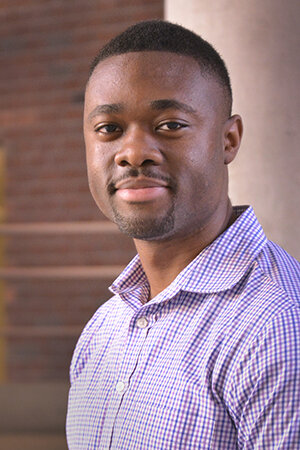
Yvon Woappi, PhD
Current Institution: Brigham and Women's - Harvard Medical School
Department: Dermatology
PhD Institution: University of South Carolina, Columbia
Talk Title: “Orchestrating synthetic regeneration of the mammalian epithelium”
Yvon Woappi’s work is thematically focused on engineering state-of-the-art technologies to closely investigate how complex mammalian tissue regenerates. Dr. Woappi employs the skin as his model system, as it is the most complex organ structure in the living world, and it is evolutionarily evolved to heal. In his studies, Dr. Woappi leverages 3D skin organoid models and lineage-specific gene-editing systems to define the contribution of distinct skin cells in the healing process.